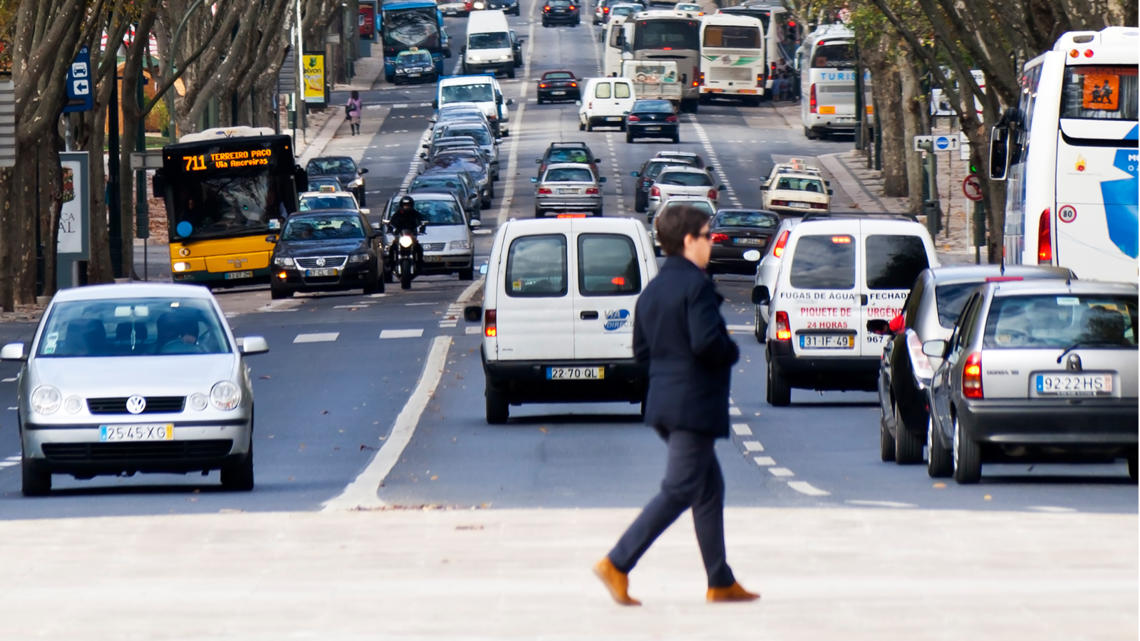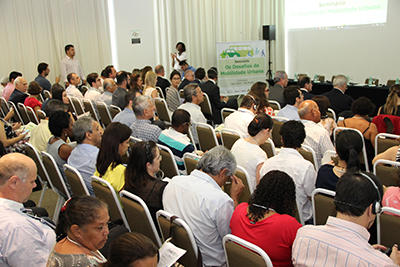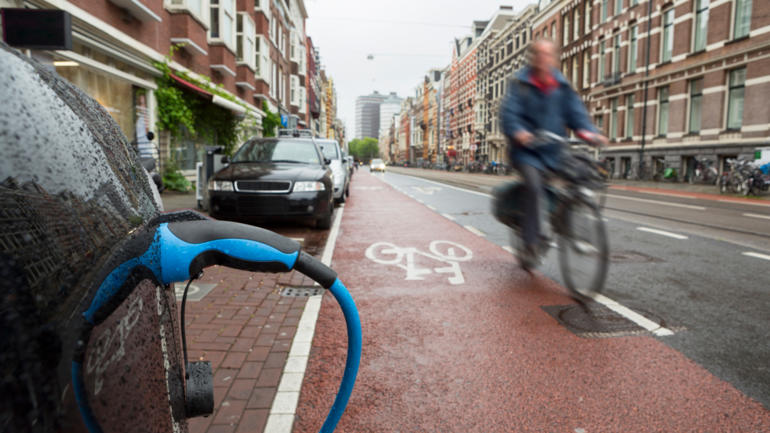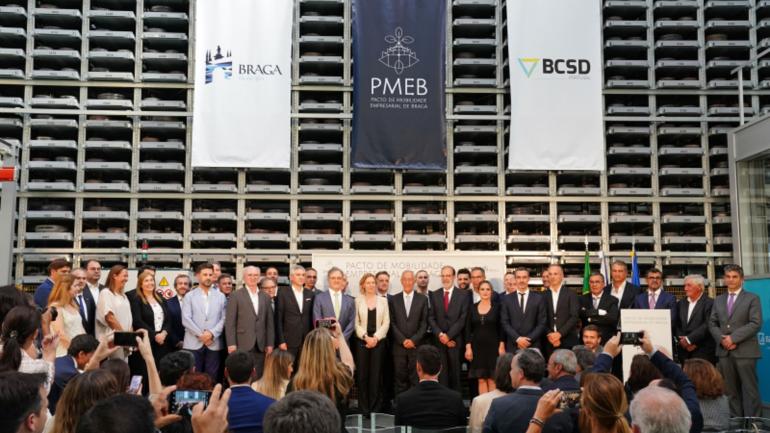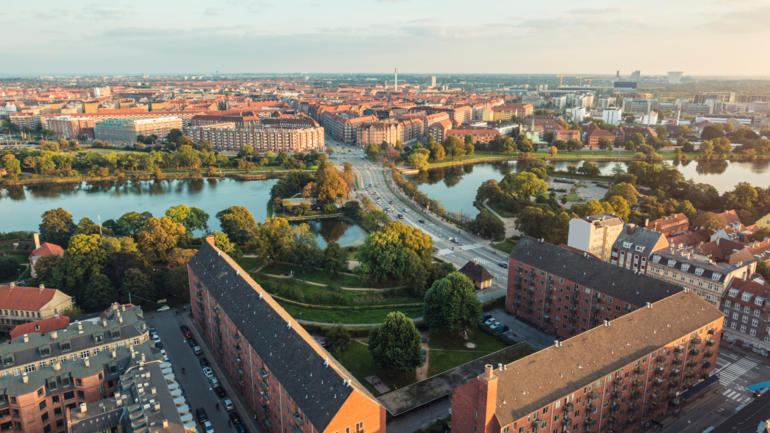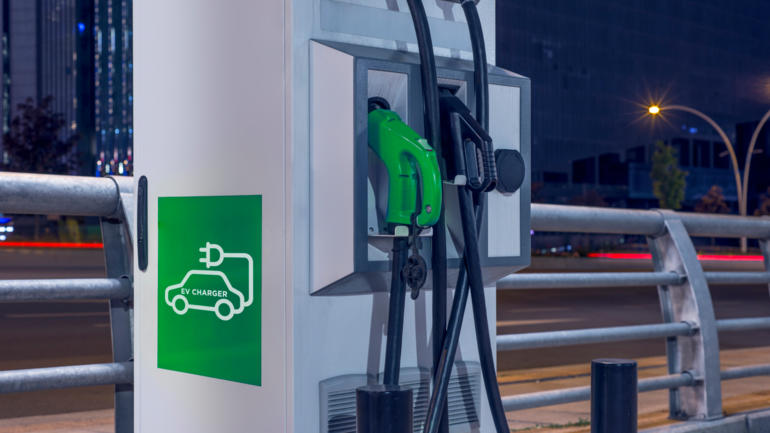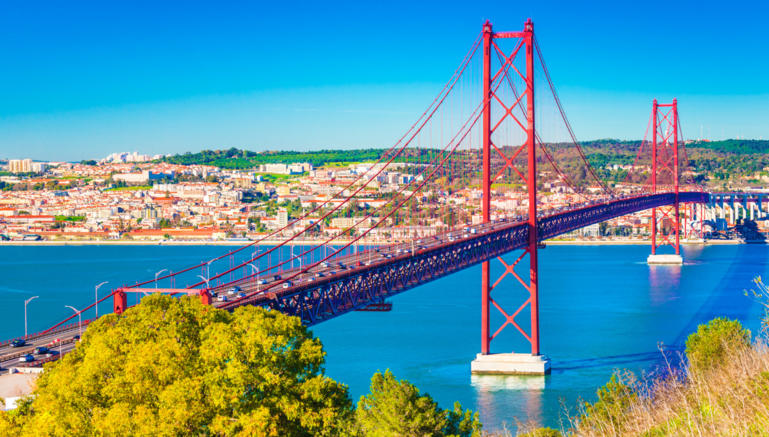The event marks the end of the Sustainable Mobility Project (SMP 2.0) in Campinas. Led by the World Business Council for Sustainable Development (WBCSD), SMP 2.0 developed a multimodal mobility roadmap for access to safe, reliable, comfortable and sustainable mobility for all in partnership with the Municipal Company of Development of Campinas (Emdec).
SMP 2.0 made recommendations to improve traffic conditions by integrating different modes of public transport and supporting the implementation of the BRT project. The project portrays a forward looking transportation landscape in which pedestrian, bicycle, private motorcycles and cars, commercial vehicles and public transportation are woven into a connected network.
The roadmap includes feasibility studies for the tram, bike lanes, a bus feeding system, online apps to track bus schedules and routes, integrated service transport terminals, improvements in bus stops, prioritization of public transport, a public bicycle system, bicycles integrated to the mass transport system, carpool, and the car-sharing public system.
The workshop was organized by the WBCSD in collaboration with the Brazilian Business Council for Sustainable Development (CEBDS), Emdec and the WRI Brazil Ross Centre of Sustainable Cities. Guests included high-level representatives such as the Mayor of Campinas, Jonas Donizette; the Secretary of Transportation and Chairman of Emdec, Carlos José Barreiro; sub secretary of sustainable mobility for the Government of Buenos Aires, Paula Bisial and others. Participants covered the topics of Bus Rapid Transit (BRT), bike sharing, electric mobility and car sharing.
Among the cities that participated in SMP 2.0 (Lisbon, Hamburg, Chengdu, Bangkok and Indore, Campinas is the only one in the Americas.

